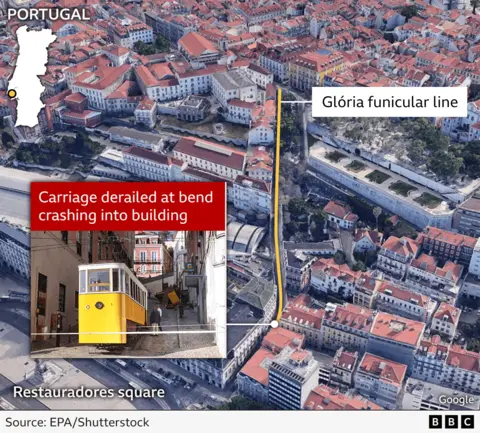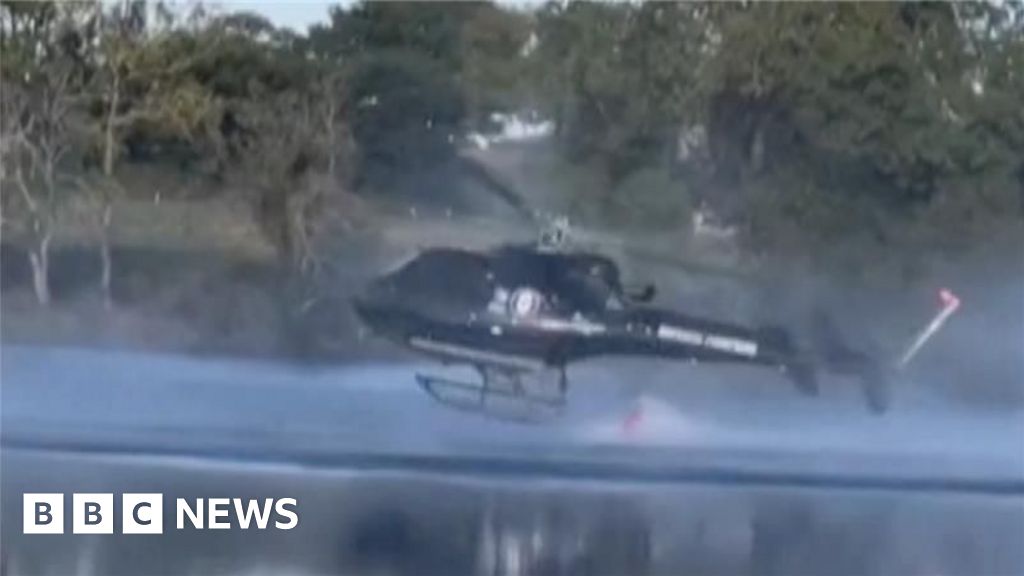In a harrowing turn of events, wildfires in Spain and Portugal have contributed to an unprecedented total of more than a million hectares burning across the European Union this year, marking the worst fire season on record since 2006. With climate change intensifying the frequency and severity of these wildfires, experts are sounding alarms for future implications.
A staggering portion of the Iberian Peninsula has been scorched, with roughly 1% of its land area devastated by flames. Recent data from the Copernicus European Forest Fire Information System reveals that over 400,000 hectares in Spain alone have been lost, a figure that is more than six times the Spanish average for the same period over the past two decades. Meanwhile, Portugal faces its own crisis, suffering a burn area of 270,000 hectares, nearly five times its historical average.
The fires have predominantly affected forested regions in northern Portugal and Spain’s northwest, including the valuable Picos de Europa National Park and well-known pilgrimage routes. The intensity of the situation has prompted the largest deployment of the EU civil protection mechanism's firefighting force in history.
Climate change is a central factor in the escalating wildfire crisis. Studies by the World Weather Attribution group indicate that human-induced climate change has drastically increased the likelihood of fire-prone conditions across Southern Europe. Rising temperatures not only dry out vegetation, making it more flammable, but also generate a vicious cycle where the resultant CO2 emissions from burning forests further exacerbate global warming.
This year's fires have led to the release of 17.68 million tonnes of carbon dioxide from Spain alone, surpassing CO2 emission totals from previous wildfire seasons and raising concerns about the long-term impact on climate.
Experts warn that without urgent action to reduce fossil fuel consumption and better manage land, future fire seasons could prove even more devastating, threatening not only wildlife ecosystems that have historically coexisted with fire but also human populations, as smoke and air quality degrade over vast distances.
As rural regions continue to witness depopulation, abandoned land may no longer be managed, allowing for the increase of overgrown, flammable vegetation. This exacerbates the challenge, indicating that a multifaceted response encompassing climate action and land management is critical to mitigate this escalating crisis.

















